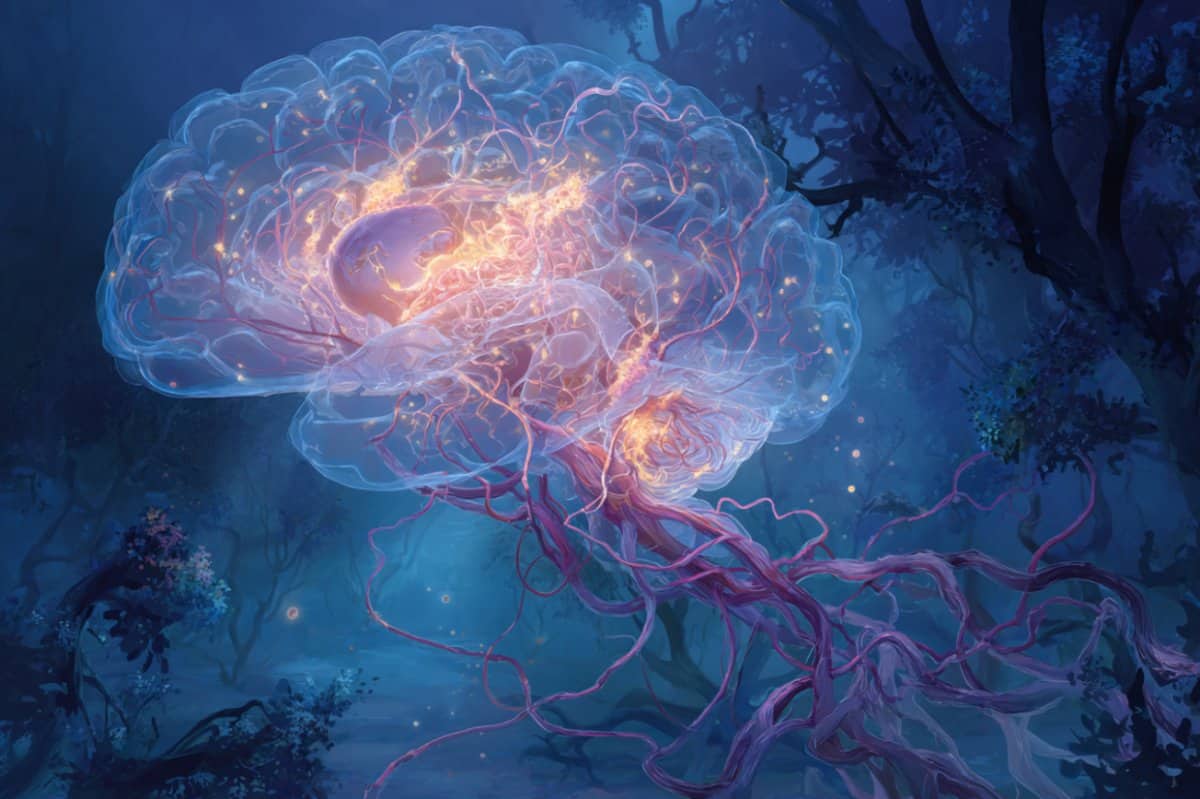The Food and Drug Administration May 16 announced it cleared the first blood test to diagnose Alzheimer’s disease.



Antler blastema progenitor cells (ABPCs) are a distinct population of skeletal mesenchymal stem cells found in regenerating deer antlers, with strong stemness and renewal capacity in vitro. Stem cell-derived extracellular vesicles (EVs) are emerging as potential therapeutic candidates that can mediate donor cells’ beneficial effects. Here, we tested the effects of ABPC-derived EVs (EVsABPC) on aging in mice and rhesus macaques (Macaca mulatta). We identified a variety of unique factors in EVsABPC and showed that in vitro, EVsABPC attenuated phenotypes of senescence in bone marrow stem cells. In aged mice and macaques, EVsABPC substantially increased femoral bone mineral density. Further, intravenous EVsABPC improved physical performance, enhanced cognitive function and reduced systemic inflammation in aged mice, while reversing epigenetic age by over 3 months. In macaques, EVABPC treatment was also neuroprotective, reduced inflammation, improved locomotor function and reduced epigenetic age by over 2 years. Our findings position ABPCs as an emerging and practical source of EVs with translational value for healthy aging interventions.
Inspired by the regenerative capacity of deer antlers, Hao and colleagues report that antler blastema progenitor cell-derived extracellular vesicle treatment counteracts bone loss and epigenetic aging and is neuroprotective in mice and macaques.
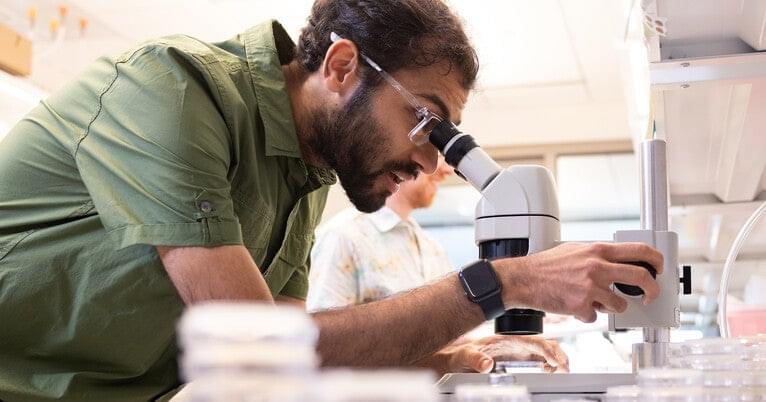
A new Yale study has revealed that neurons — the energy-hungry cells that connect and direct activity in the brain — are equipped with “backup batteries” that kick in to keep the brain running during periods of metabolic stress.
Writing in Proceedings of the National Academy of Sciences, researchers describe how neurons store their own glycogen, a form of sugar that helps neurons stay resilient when their main energy sources falter.
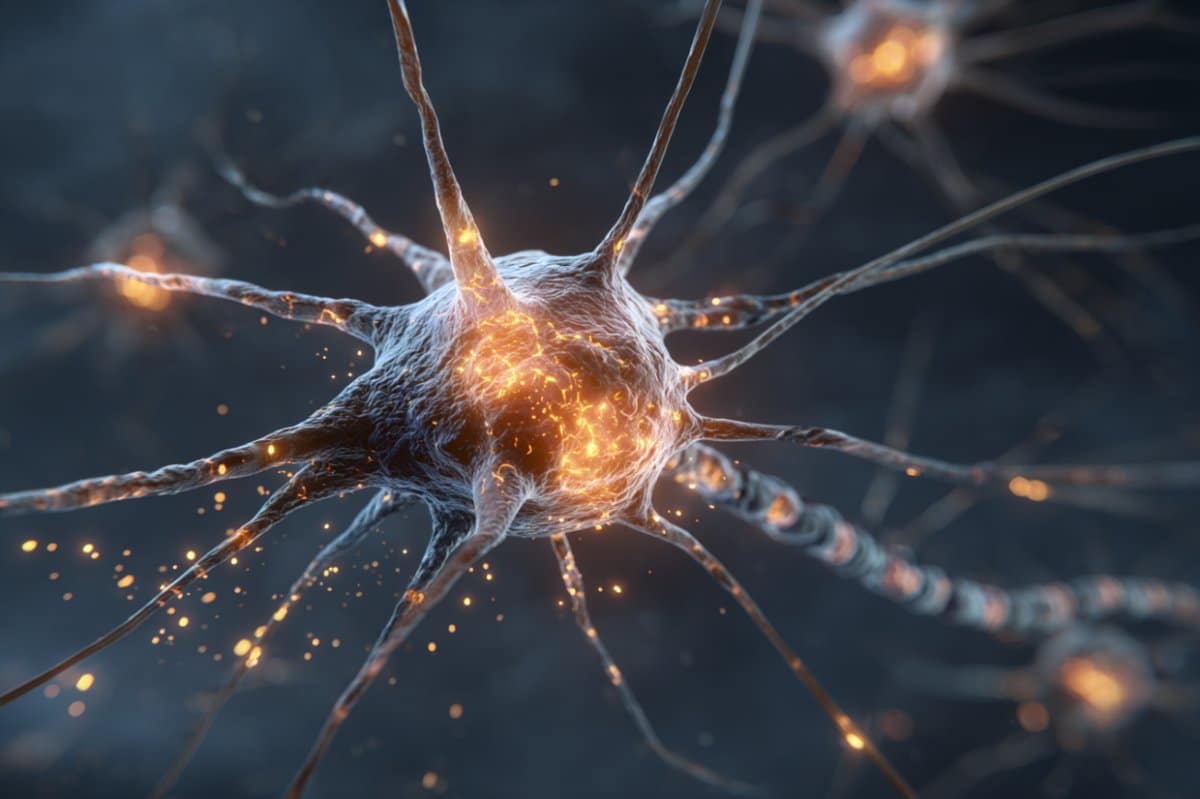

LONDON, Ont. – Dementia poses a major health challenge with no safe, affordable treatments to slow its progression.
Researchers at Lawson Research Institute (Lawson), the research arm of St. Joseph’s Health Care London, are investigating whether Ambroxol — a cough medicine used safely for decades in Europe — can slow dementia in people with Parkinson’s disease.
Published today in the prestigious JAMA Neurology, this 12-month clinical trial involving 55 participants with Parkinson’s disease dementia (PDD) monitored memory, psychiatric symptoms and GFAP, a blood marker linked to brain damage.
Parkinson’s disease dementia causes memory loss, confusion, hallucinations and mood changes. About half of those diagnosed with Parkinson’s develop dementia within 10 years, profoundly affecting patients, families and the health care system.
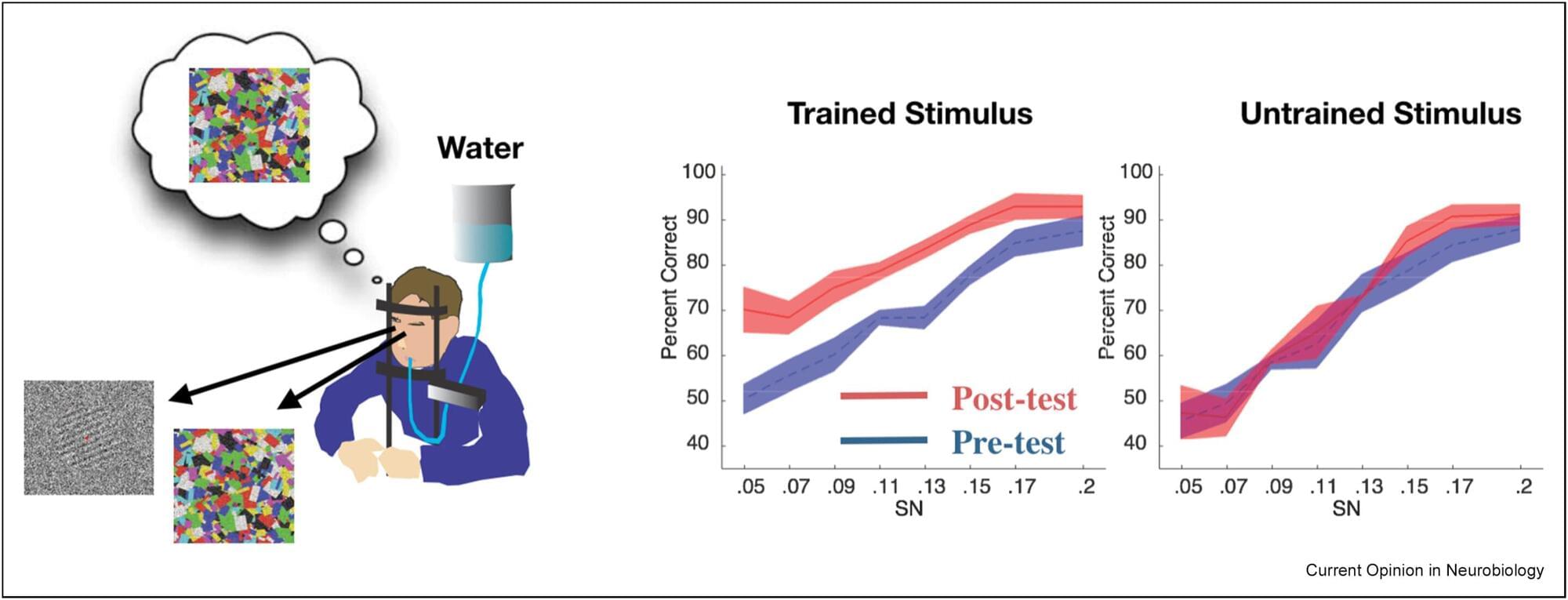
When was the last time you sat down and tried to learn something? How did you approach it? Did you make flashcards for hard-to-remember terms and concepts, ask a friend to quiz you on the subject or simply jump into the deep end with a new project?
New research from Northeastern University psychology professor Aaron Seitz published in Current Opinion in Neurobiology suggests that whenever we learn something new—if we’re successful—what we’ve actually done is tricked our brains into a learnable state. He calls this “incidental learning.”
“‘Incidental learning’ typically refers to what we learn without explicit intention,” Seitz says. A good example of this comes from “statistical regularity” in one’s surroundings, he says.

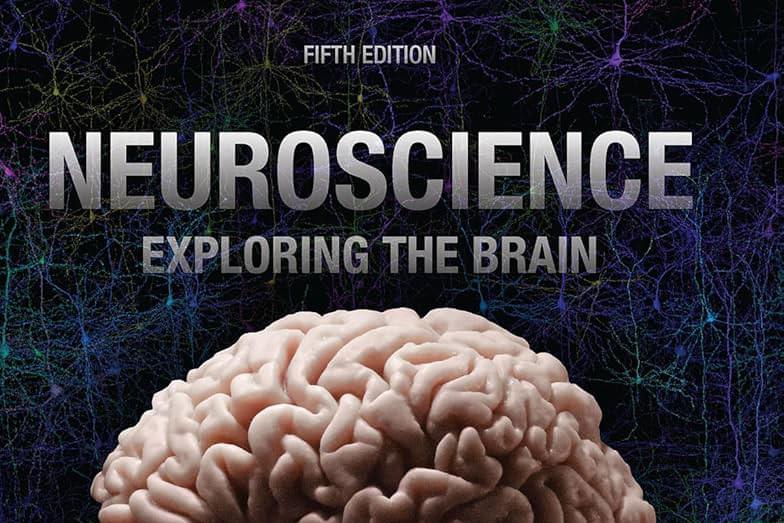
From the very beginning, MIT Professor Mark Bear’s philosophy for the textbook “Neuroscience: Exploring the Brain” was to provide an accessible and exciting introduction to the field while still giving undergraduates a rigorous scientific foundation. In the 30 years since its first print printing in 1995, the treasured 975-page tome has gone on to become the leading introductory neuroscience textbook, reaching hundreds of thousands of students at hundreds of universities around the world.
“We strive to present the hard science without making the science hard,” says Bear, the Picower Professor in The Picower Institute for Learning and Memory and the Department of Brain and Cognitive Sciences at MIT. The fifth edition of the textbook is out today from the publisher Jones & Bartlett Learning.
Bear says the book is conceived, written, and illustrated to instill students with the state of knowledge in the field without assuming prior sophistication in science. When he first started writing it in the late 1980s — in an effort soon joined by his co-authors and former Brown University colleagues Barry Connors and Michael Paradiso — there simply were no undergraduate neuroscience textbooks. Up until then, first as a graduate teaching assistant and then as a young professor, Bear taught Brown’s pioneering introductory neuroscience class with a spiral-bound stack of photocopied studies and other scrounged readings.
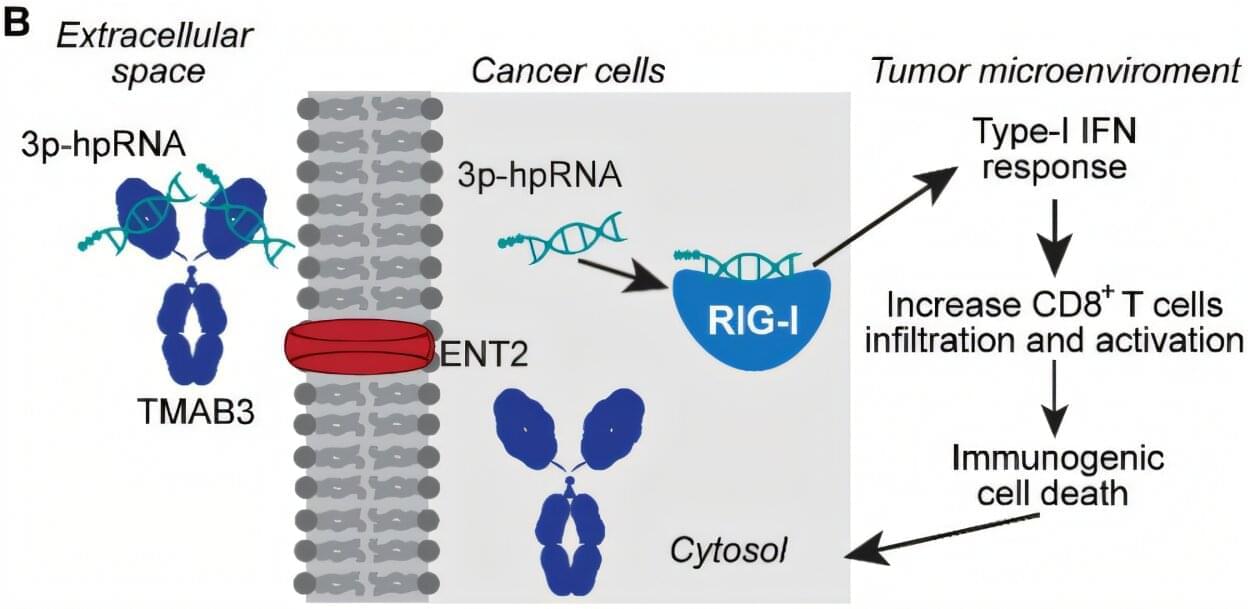
A specially engineered antibody that can accurately deliver RNA treatments into hard-to-reach and hard-to-treat tumors significantly improved survival and reduced tumor sizes in animal models, according to a study reported in Science Translational Medicine.
The study provides evidence that, once injected into the bloodstream, the antibody TMAB3, combined with a type of RNA that stimulates an innate immune reaction, can localize to tumors and penetrate and destroy stubborn diseased cells in pancreatic, brain, and skin cancers.
“Delivery of RNA-based therapies to tumors has been a challenge. Our finding that TMAB3 can form antibody/RNA complexes capable of delivering RNA payloads to tumors provides a new approach to overcome this challenge,” says Peter Glazer, senior author and Robert E. Hunter Professor of Therapeutic Radiology and Genetics at Yale School of Medicine (YSM).
